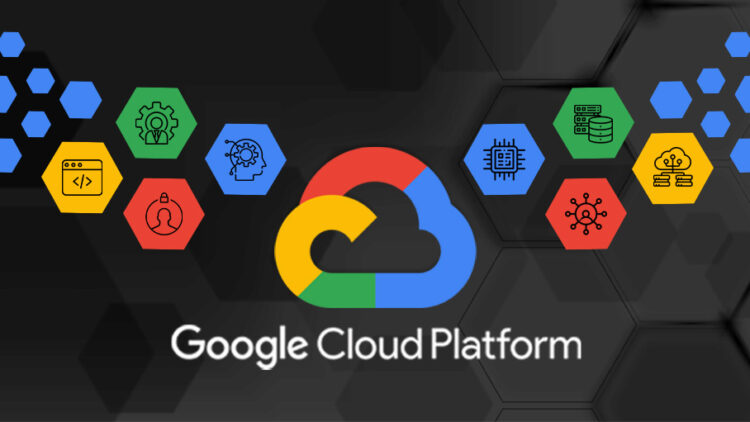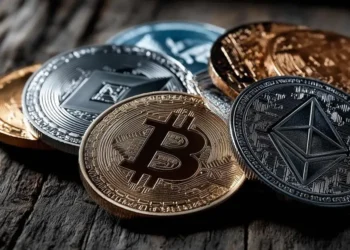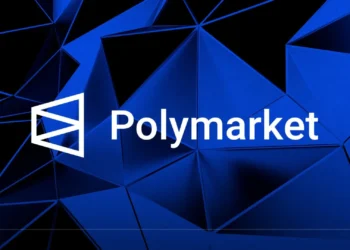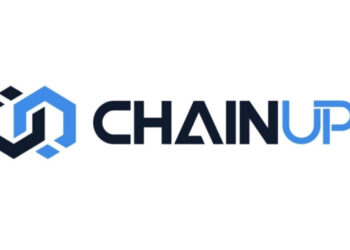Google Cloud has unveiled a new Ethereum-compatible Remote Procedure Call (RPC) service to streamline blockchain development.
Announced on September 18, this new service is expected to be a cost-effective alternative to managing node infrastructure. It enables decentralized applications(dApps) to interact directly with blockchain networks, beginning with support for the Ethereum mainnet and testnets.
An RPC is a software protocol that allows one program to request a service from another program on a different network. In the context of blockchain networks, RPCs are essential for dApps to access blockchain data and perform tasks such as transaction validation, data retrieval, and node communication.
The reliability of RPCs has long been a challenge in the blockchain sector. Delays or errors in RPCs can disrupt the operation of DApps, which often require immediate handling of transactions and data requests.
Google Cloud’s Blockchain RPC service addresses these reliability concerns by utilizing its robust infrastructure to enhance performance. It is fully compatible with the JSON-RPC standard, enabling Ethereum developers to integrate it seamlessly into their dApps with minimal coding. It also supports both real-time and data-intensive applications,so it is suitable for startups entering the blockchain space as well as large enterprises requiring reliable infrastructure.
Kyle Quintal, Head of Engineering at the web3 analytics firm 0xArc, highlighted that the RPC service offers “fast response times” and adheres to Ethereum Improvement Proposal 1474 standards.
The Blockchain RPC service is currently available globally in preview, with Google Cloud planning to expand support to additional networks and features in the future. The service includes a free tier that permits up to 100 requests per second and 1 million requests per day.
This move follows Google’s earlier efforts to integrate web3 capabilities into its offerings. In March 2024, the Google Search engine began incorporating Ethereum Name Service (ENS) data from Etherscan into query results. Brantly Millegan, a former ENS core developer, highlighted this in a social media post, showcasing how a Google search for his ENS (Brantly.eth) displayed details like his ETH balance and the timestamp of his last transaction.
If you want to read more news articles like this, visit DeFi Planet and follow us on Twitter, LinkedIn, Facebook, Instagram, and CoinMarketCap Community.
“Take control of your crypto portfolio with MARKETS PRO, DeFi Planet’s suite of analytics tools.”





















